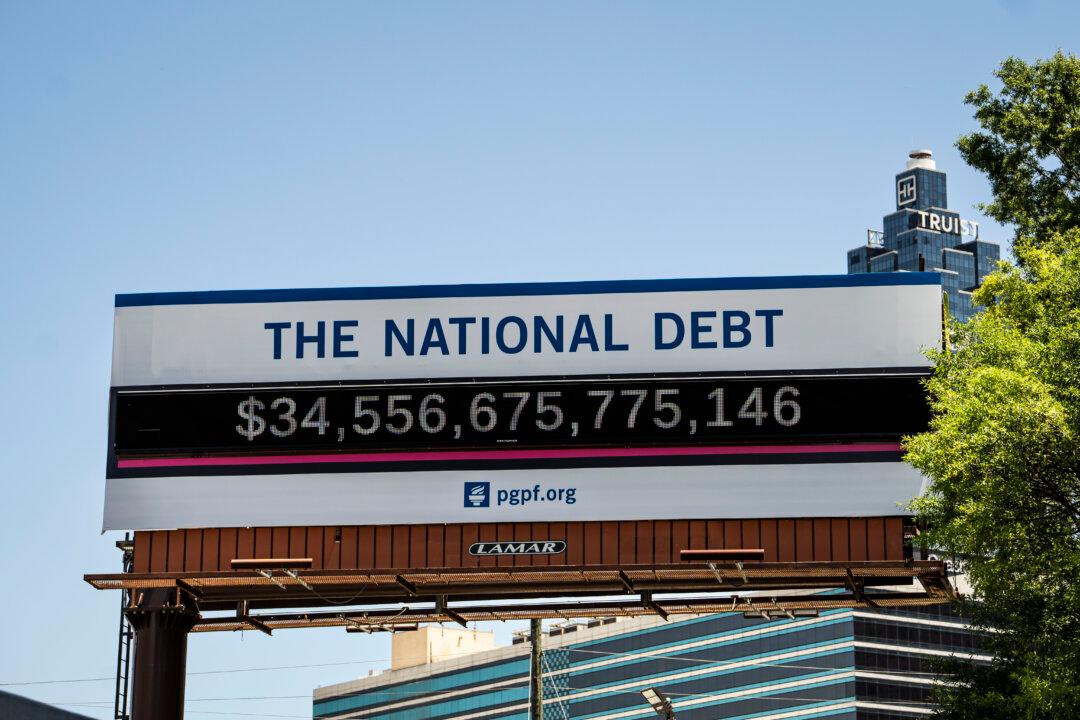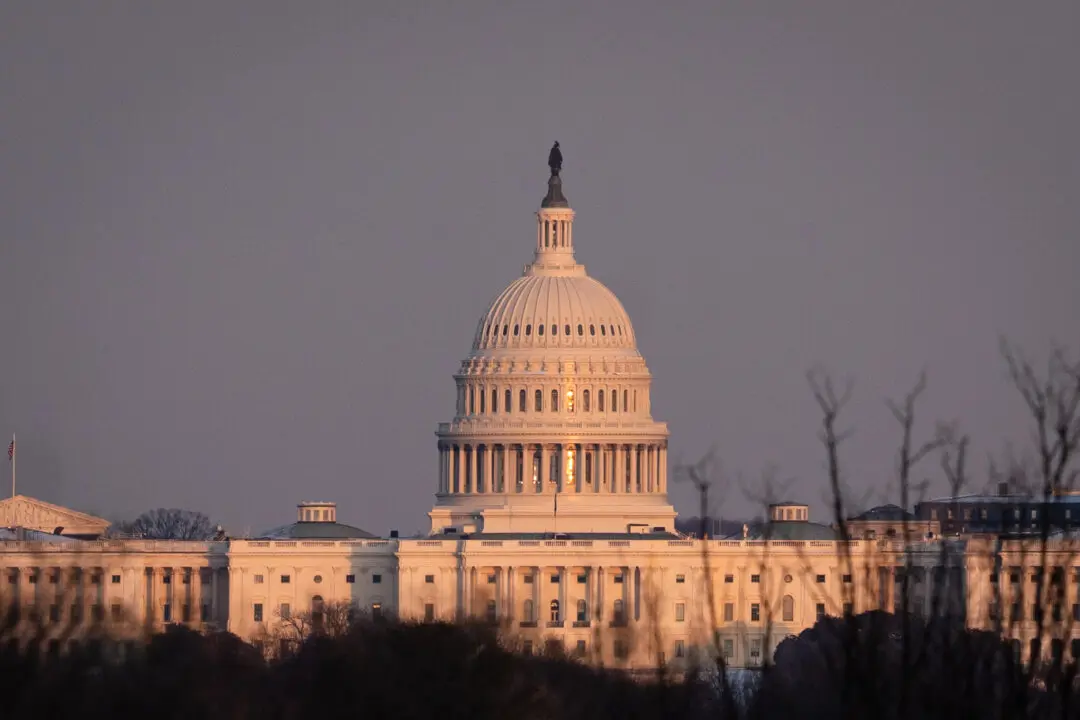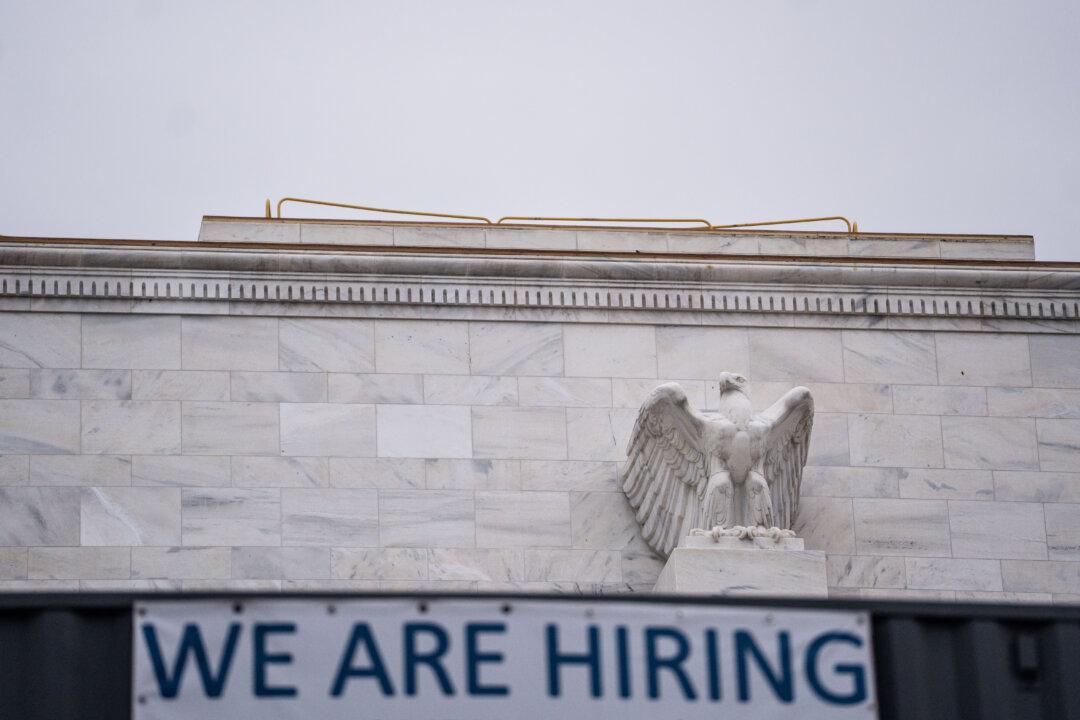The U.S. budget deficit is expected to be $1.9 trillion for fiscal year 2024, higher than the $1.5 trillion forecast in February, according to the updated outlook of the Congressional Budget Office (CBO).
The CBO’s latest projections, released on June 18, account for recently enacted legislation. They include a $145 billion increase for student loan-forgiveness schemes, a $50 billion boost for Medicaid, and $95 billion in emergency supplemental appropriations for aid to Ukraine, Israel, and Indo-Pacific countries.





